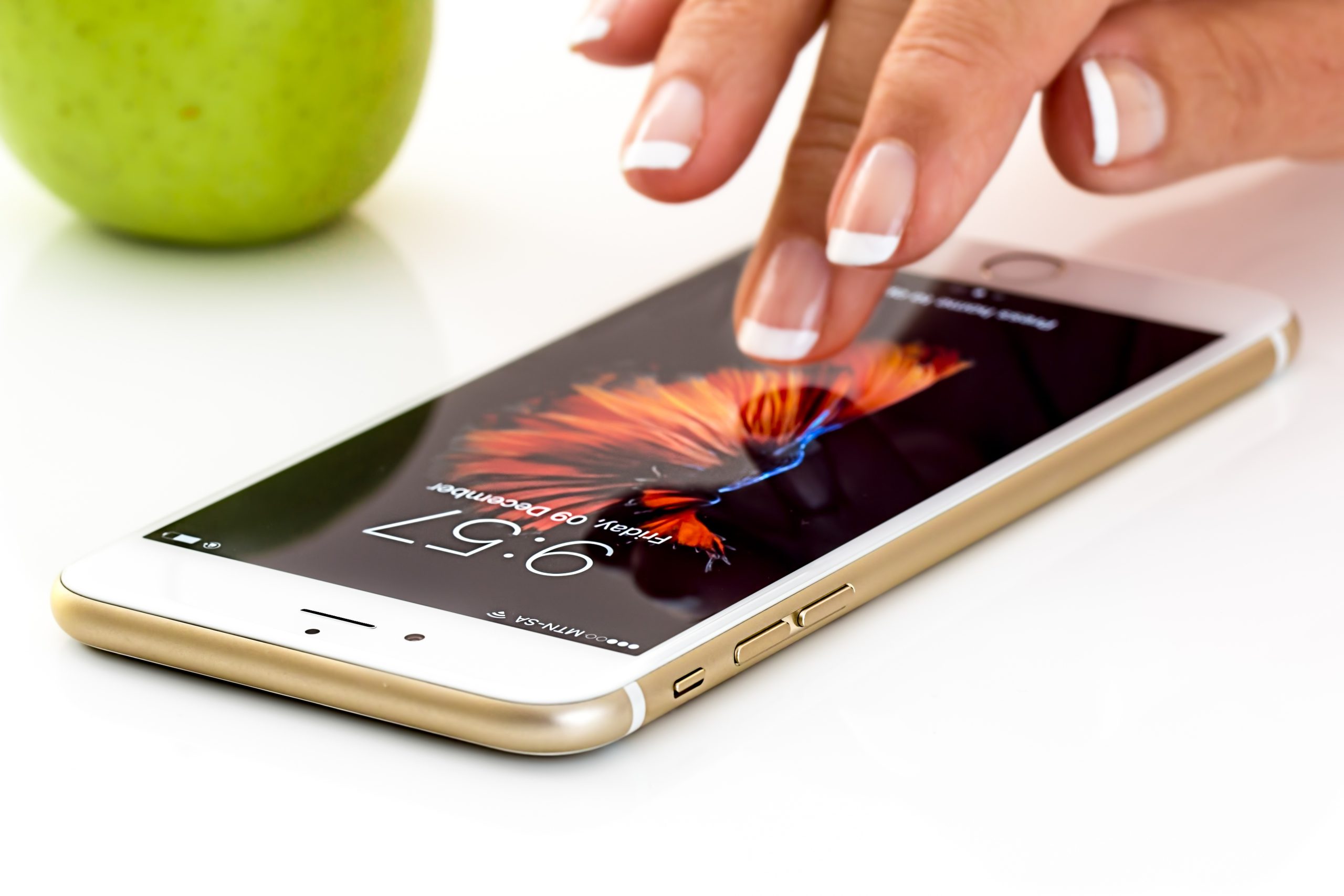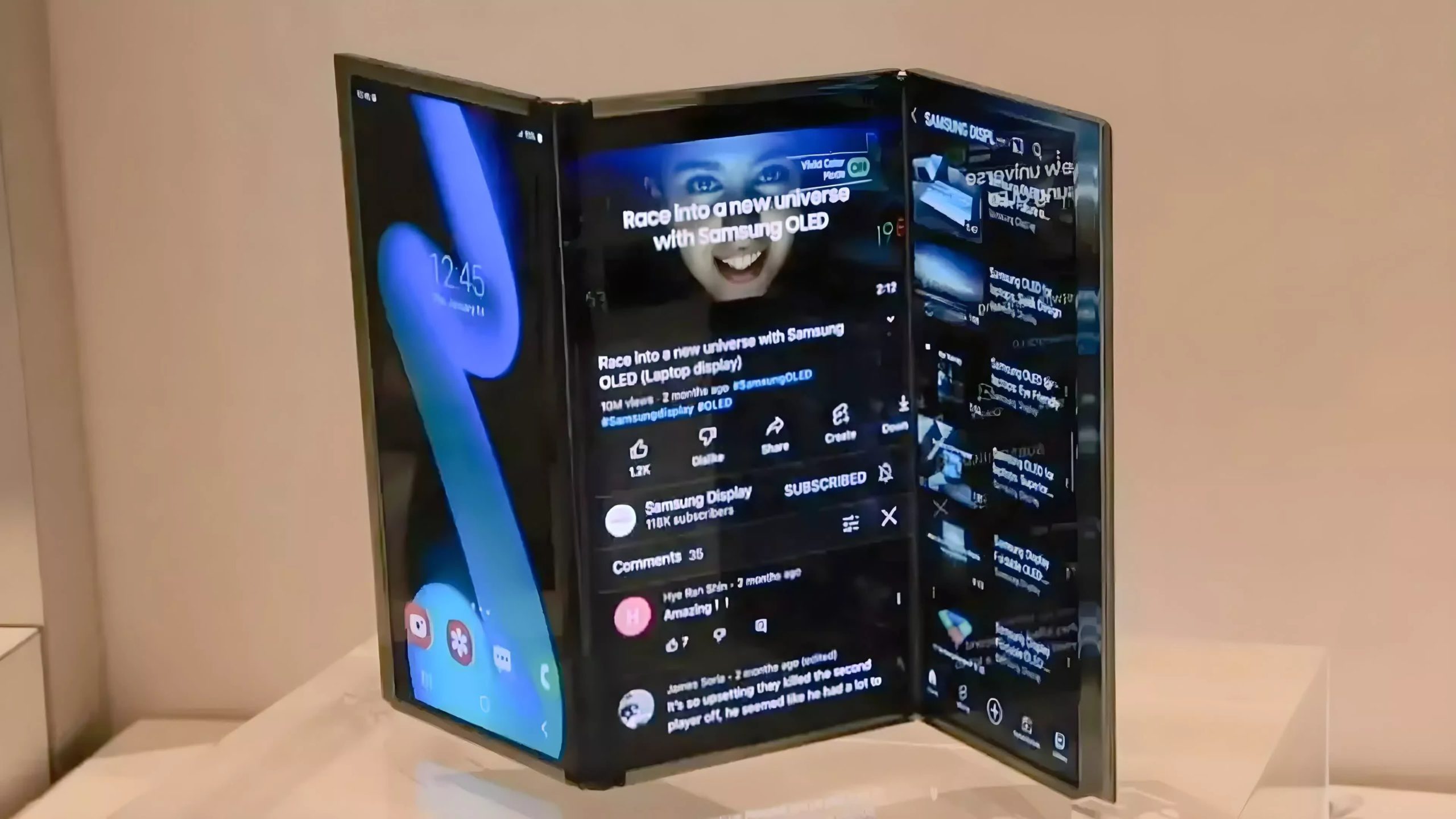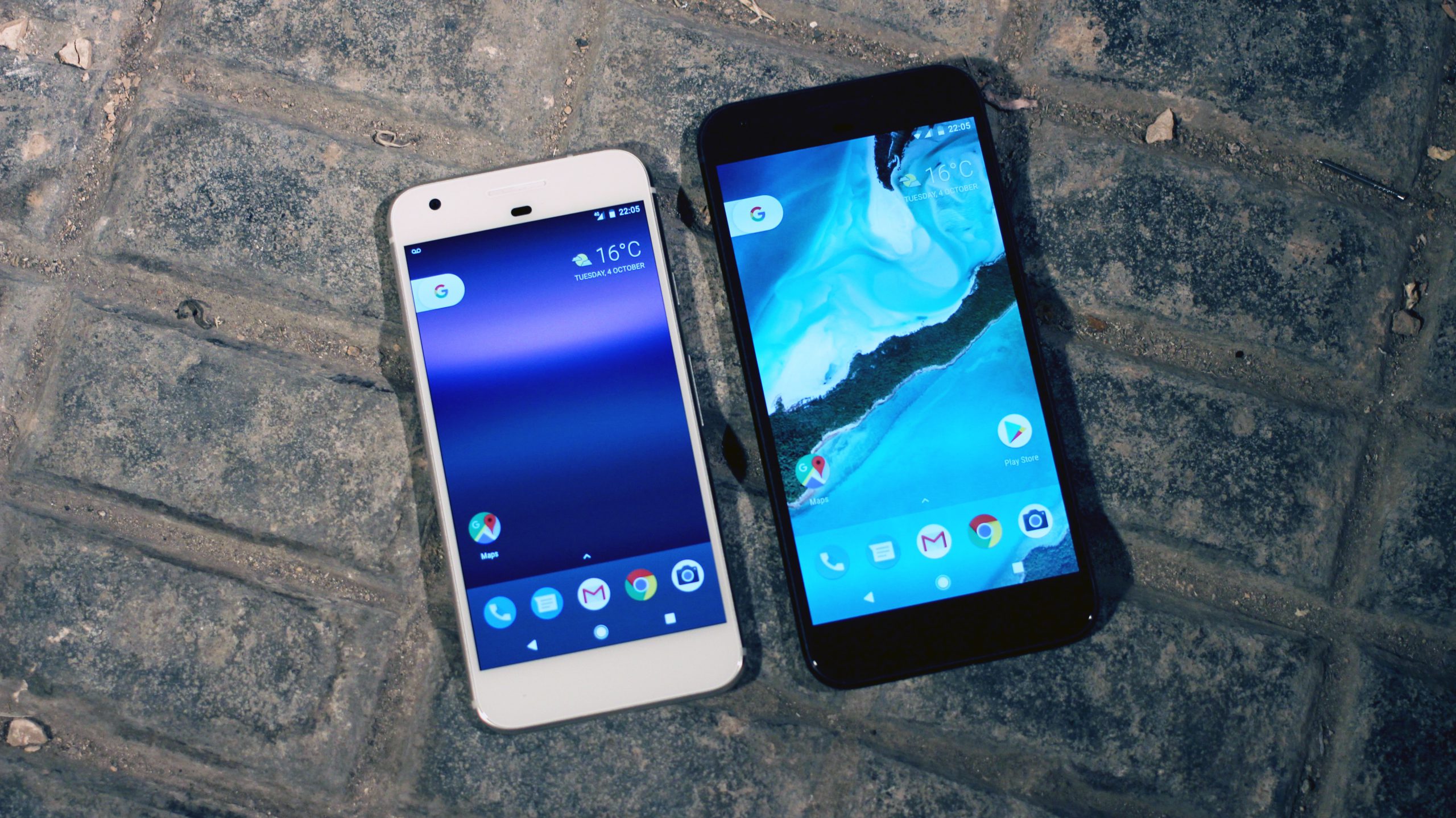That payment app crash when you tried to donate to a controversial cause likely wasn’t a glitch. Your bank’s sudden “risk assessment” after attending certain events probably wasn’t random. The smartphone in your pocket has become the enforcement mechanism for a social credit system that makes China’s look transparent by comparison.
Financial Blacklisting Goes Mainstream
Banks and payment processors now often exclude based on algorithmic risk scores fed by your device data.
When Western governments kicked Russian banks from SWIFT in 2022, they normalized weaponizing financial infrastructure. That same exclusionary power now targets individuals through “de-banking”—where financial institutions close accounts based on transaction histories, location data, and social affiliations captured by your smartphone. Cryptocurrency operators, firearms dealers, and political activists find themselves financially erased overnight. These banking apps don’t just process payments; they typically feed risk algorithms that can cut you off from the entire financial system, often without explanation or appeal.
Big Tech’s Invisible Social Score
Google and Meta already profile your behavior comprehensively enough to determine your access to digital life.
While China’s system tells citizens their scores, Western tech giants hide theirs behind “community standards” and “advertiser-friendly” policies. The technology feeds Google and Meta everything: location patterns, spending habits, social connections, even your typing patterns. This data often determines who gets shadowbanned, whose fundraising gets shut down, whose accounts face “technical difficulties.” Get flagged once, and the cascade typically begins—social login failures, app store restrictions, payment processor bans. It’s social credit without the honesty.
Your Pocket Surveillance State
Smartphones collect much of the data needed to enforce comprehensive social control.
Every tap, swipe, and movement feeds the machine. These devices track where you go, who you meet, what you buy, even how you hold the device. Airport facial recognition systems increasingly link to smartphone data, creating travel restriction capabilities that extend far beyond terrorism prevention. The infrastructure for comprehensive behavioral monitoring and enforcement isn’t coming—it’s operational. Your smartphone isn’t just a communication device; it’s a tracking device you paid for and carry willingly.
The trade-off seemed simple: convenience for privacy. Turns out, we also surrendered the right to exist outside algorithmic approval.






























